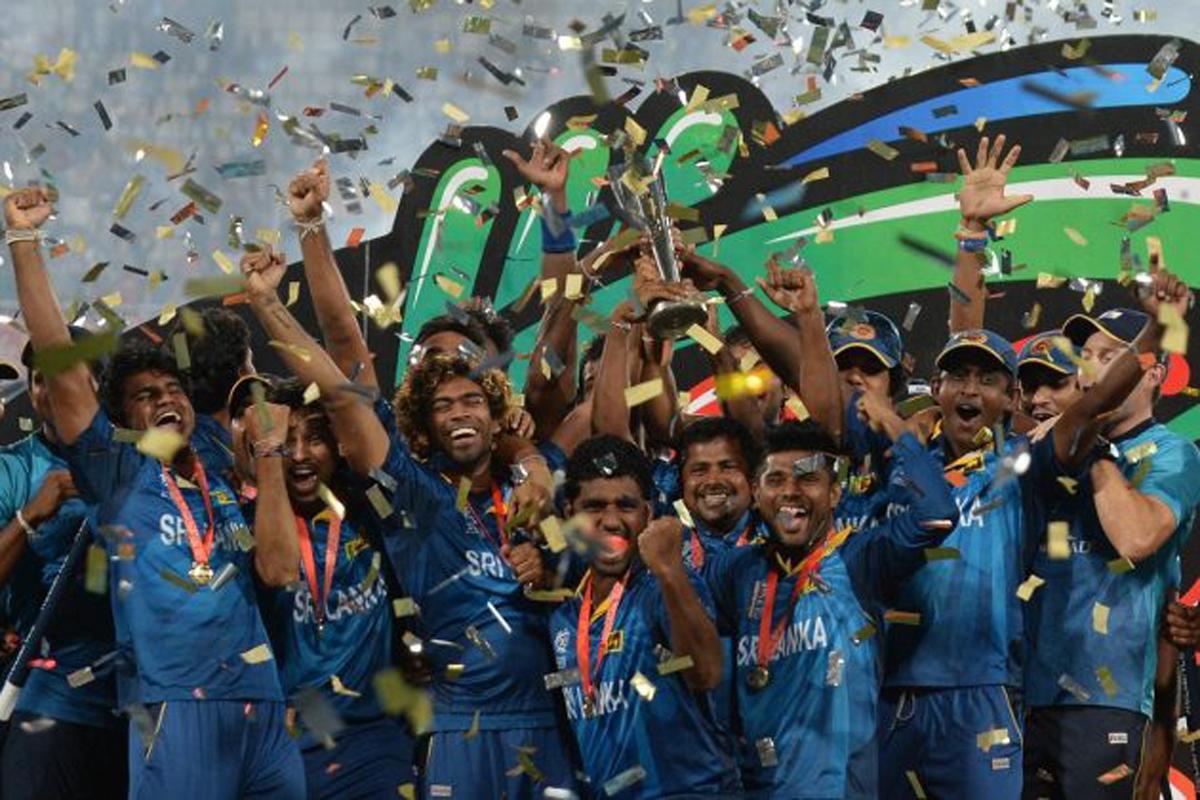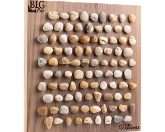see all jobs
ICC World Cup prize money highlights gender disparity
Male teams competing in next year’s ICC Twenty20 World Cup stand to earn 93 per cent more than their female counterparts – although the sport has been credited for its overall investment in developing the women’s game.
Earlier this month the International Cricket Council (ICC) revealed the schedule for both the male and female tournaments, which are due to run concurrently during March 2016 in India.
While the total prize money for the men’s competition will hit the US$5.6m (£3.8m, €5.2m) mark, representing an 86 per cent increase on the 2014 tournament in Bangladesh, women playing in their version of the tournament will take a cut from a US$400,000 (£268,179, €368,788) prize fund.
Although that figure represents an increase of 122 per cent from the prize fund two years ago, over the next eight-year ICC cycle (2016-2023) women will be eligible for US$4.4m (£3m, €4.1m) of the governing body’s overall prize kitty of US$65m (£43.6m, €59.9m).
During the ICC’s 2007-2015 cycle, women’s cricket had a total prize fund of $850,000 (£569,940, €783,676).
The US$4.4m total will be spread across two World Cups and four World Twenty20 tournaments in the women’s game, while the men’s prize money (US$60.6m, £40.6m, €55.9m) will be distributed across Test matches, One Day Internationals and World Twenty20.
Professional Cricket Association chief executive, Angus Porter, said that the body had been “lobbying for increases in prize money” for ICC Women’s event but “recognises that prize money needs to be considered as part of a broader programme of investment in the women’s game”.
“The prize money for the 2016 Women’s WT20 will be more than double last time, and the World Cup the following year will see the prize fund increasing from US$200,000 (£134,153, €183,595) to US$1m (£670,683, €917,976), and in our view this is a welcome step forward which recognises the growing appeal of the women’s game whilst keeping prize money in proportion with the other elements of investment,” he said.
The sentiment was echoed by the ECB’s head of women’s cricket, Clare Connor. In a blog she wrote for the Guardian last year, the former England international said that money spent on the development of the women’s game was more important than closing the prize money gap.
Connor said the US$30m+ (£20.1m, €27.7m) spent on women’s cricket since 2006 was “pretty rapid progress”.
However, Anita White of the Anita White Foundation, a charity with the purpose of creating and empowering women sport leaders, said the prize money gap “reflects the state of play in cricket” and “demonstrates what a long way the sport still has to go to reach anything like gender equality”.
White pointed to the International Triathlon Union which offers equal prize money and the closing of the gap in professional tennis. “Comparatively speaking, cricket is still in the Dark Ages,” she added.
Women in Sport chief executive Ruth Holdaway told Sports Management that while it was important that women’s sport was “valued”, cricket was “one of sport’s forward-thinkers in terms of the women’s game”.
She highlighted a deal struck by the England and Wales Cricket Board (ECB) with car manufacturer Kia specifically for women’s cricket as an innovative partnership. Funds from the sponsorship went into the game and “allowed more women to receive salaries and play the game professionally”.
“We’re not saying prize money has to be exactly the same, but it does have to be comparable to show that women’s sport is valued,” added Holdaway.
- News by sector (all)
- All news
- Fitness
- Personal trainer
- Sport
- Spa
- Swimming
- Hospitality
- Entertainment & Gaming
- Commercial Leisure
- Property
- Architecture
- Design
- Tourism
- Travel
- Attractions
- Theme & Water Parks
- Arts & Culture
- Heritage & Museums
- Parks & Countryside
- Sales & Marketing
- Public Sector
- Training
- People
- Executive
- Apprenticeships
- Suppliers





























